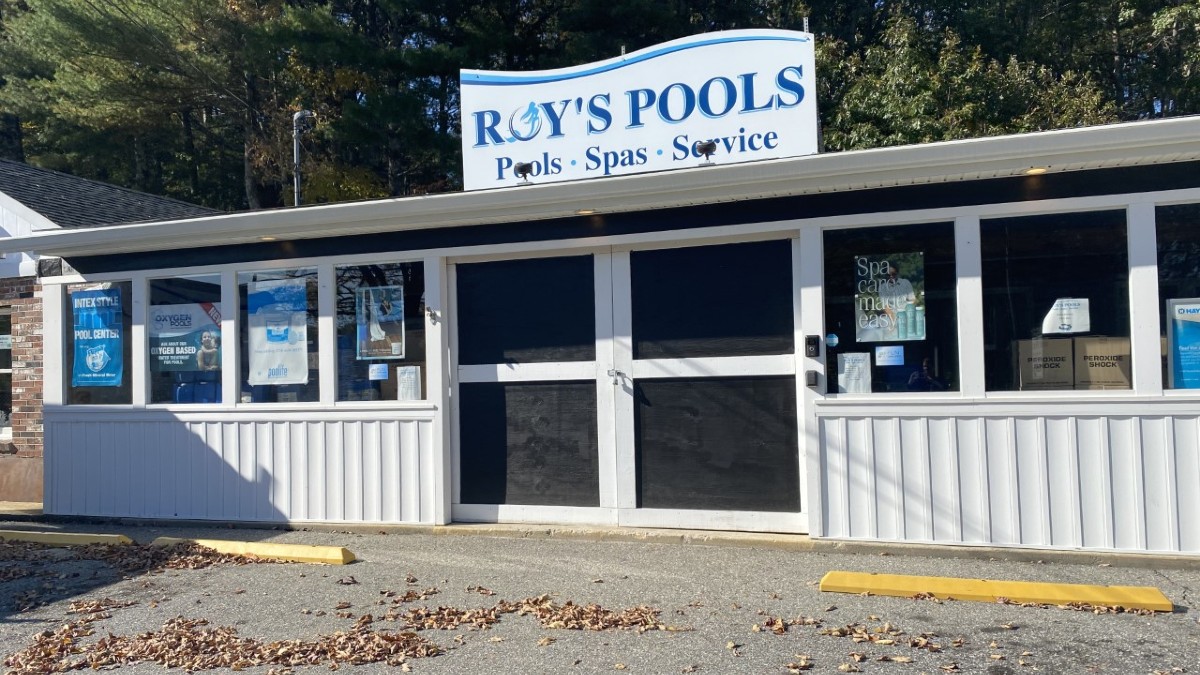Whether you plan to do 10 miles or 100 miles in this year’s Closer to Free Ride to support cancer research and care, there will be a team of people ready to help you make it across the finish line.
Ride marshals are there when you need them, like Dr. Ehud Mendel and nurse Alienne Salleroli. They’re a team working together every day in spinal oncology care at Smilow Cancer Hospital.
“My role is to try and fix the spinal problems that occur once the cancer spreads to the spine,” Mendel said.
And this year, they’ll do more to help their patients outside of Smilow Cancer Hospital by volunteering together as marshals, lending a helping hand on ride day, Sept. 10.
329 medal events. 32 sports. Endless drama. Catch all the action at the Paris Olympics. Sign up for our free Olympics Headlines newsletter.
“So, a ride marshal in the simplest of terms is a concierge on wheels. So, we are what you need on the ride for the riders,” Salleroli said.
It’s a job Salleroli’s done since the first Closer to Free ride 12 years ago, and the marshal co-captain said she loves it. She describes it as nursing on a bike. She said it’s the best way to give back to people who are giving their all to raise money for Smilow Cancer Hospital and Yale Cancer Center.
“Sometimes we have extra food, we have water, we also have many cycling coaches on the ride. So, we can help get you up that hill,” Salleroli said.
Local
They both said helping others cross the finish line means as much as helping patients through their cancer journeys.
“Cancer is a non-discriminatory type of disease and whatever I can do to ultimately get to a cancer free world, I’m going to do it,” Mendel said. “Whether it’s through the surgeries I do, whether it’s through these types of bike rides to raise funds to fight it.”
Mendel works with multiple cancer specialists at Smilow Cancer Hospital and sees firsthand the coordination and collaboration to help patients receive the best outcomes possible. He said it’s necessary because no matter the cancer type, whether it’s lung, breast, blood or any other cancer, it can end up in the spine.
“It can break the spine, it can lead to significant amount of pain,” Mendel said. He added that it’s an amazing experience fixing spinal issues and improving mobility so that people can continue cancer treatment.
And while he treats the physical pain, he’s no stranger to the emotional toll cancer can cause.
“I’ve lost, like I’m sure a lot of us do, lost a lot of close people to me that had cancer,” Mendel said.
This year’s Closer to Free Ride will be his first.
“I expect an amazing experience. I mean, riding with patients who have had cancer, who are now able to ride the ride themselves," Mendel said.
Salleroli said she rides for patients she’s known for 20 years and those she’s just met. She explained how exciting it is to ride with her first caner patient from 2003.
“We had been apart for so many years and when we realized who each other was, it was such a moving experience,” Salleroli said.
Each year, she has patients sign their names on her marshal’s jersey. Many names are of patients that were able to get into phase one clinical trials, funded in part by Closer to Free.
“This funding allows us to be able to support those services. It supports clinical trials, which in many cases, can be that chance of life or death for someone,” Salleroli said. “This is one of the most important things you can do to help eliminate cancer. To even change one person’s life, that’s what we’re doing, that’s really what it comes down to.”



